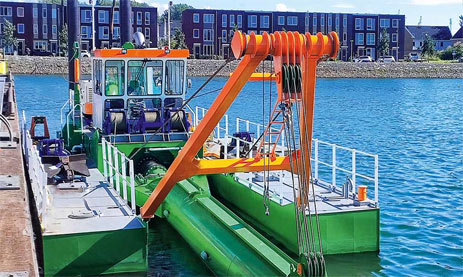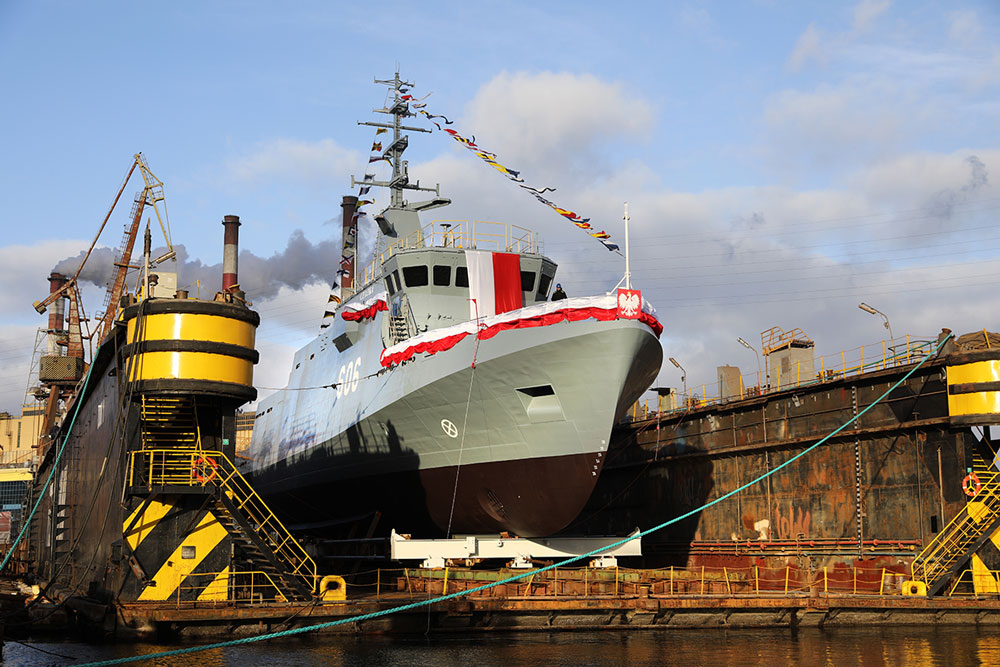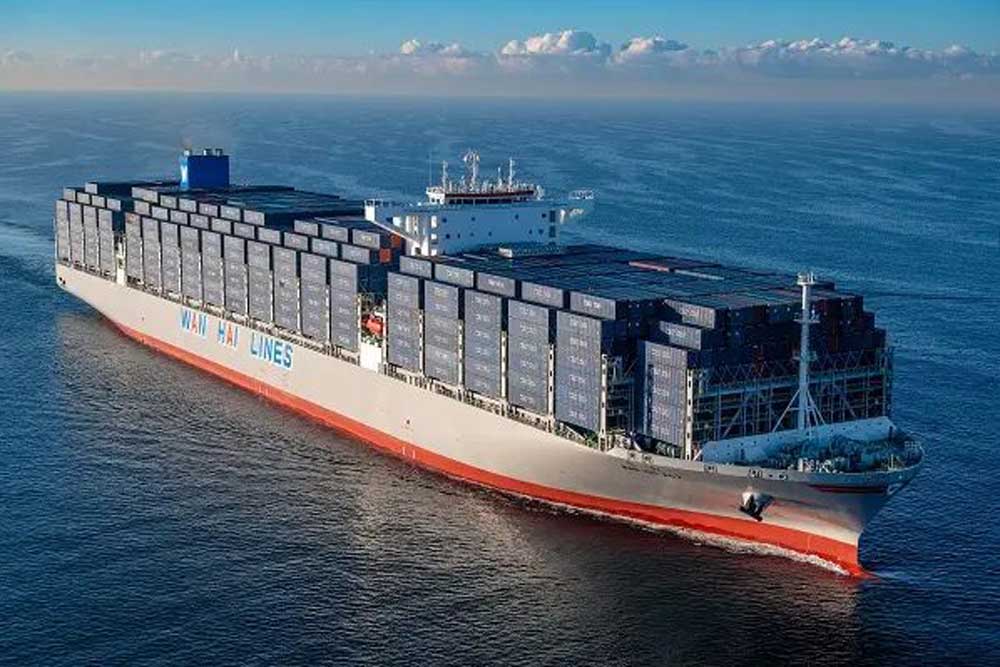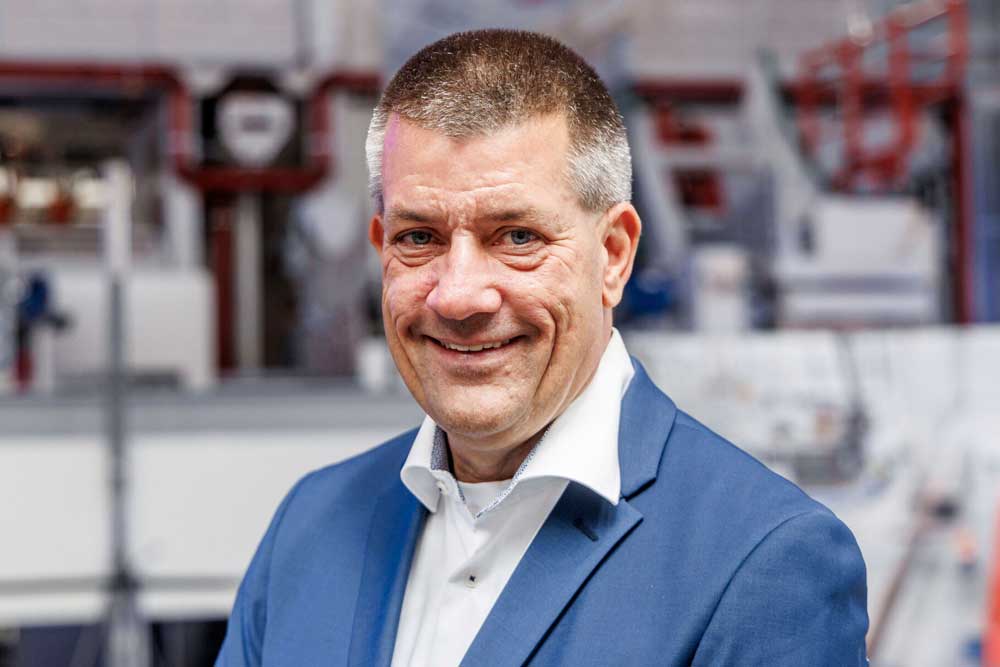TKMS – formerly Thyssenkrupp Marine Systems – is relying on cooperation with local companies to build submarine weapon technologies for the Indian Navy.
A Memorandum of Understanding (MoU) was signed in New Delhi with the Hyderabad-based company VEM Technologies, which specializes in the design, development and manufacture of weapons and airborne systems. This agreement is intended to create the basis for the production, integration, testing and modernization of heavyweight torpedoes in India. In addition to TKMS, the Atlas Elektronik segment is also involved.
“The letter of intent sends a clear signal: TKMS stands by the Indian Navy as a reliable partner,” said CEO Oliver Burkhard. “With our technical expertise, we are driving forward the ‘Make-in-India’ strategy and strengthening the local defense industry in the long term.”
TKMS to expand collaboration with CFF Fluid Control
The company also announced that it would be expanding its collaboration with CFF Fluid Control, an Indian specialist for mechanical and electronic weapon systems that also supplies the navy. “The aim is to advance the development and production of state-of-the-art anti-submarine warfare (ASW) systems for surface vessels and various other strategic applications,” TKMS said.
The Kiel-based naval shipbuilder could be involved in the P75(I) submarine programme in the future, and cooperation with the DRDO (Defense Research and Development Organization) and other Indian organizations is also under consideration. The establishment of additional production sites to serve Indian and international customers is also a topic of discussion.
The Indian government is planning to develop the country into a “big player” in the maritime industry. To this end, billions are being invested in shipping, ship recycling and ports. Container giant Maersk is strengthening its presence in Indian ports through its port division APMT. Most recently, the state-owned shipping company SCI also planned an offensive to expand its fleet: more than USD 2 billion is to be invested in domestic shipyards.














